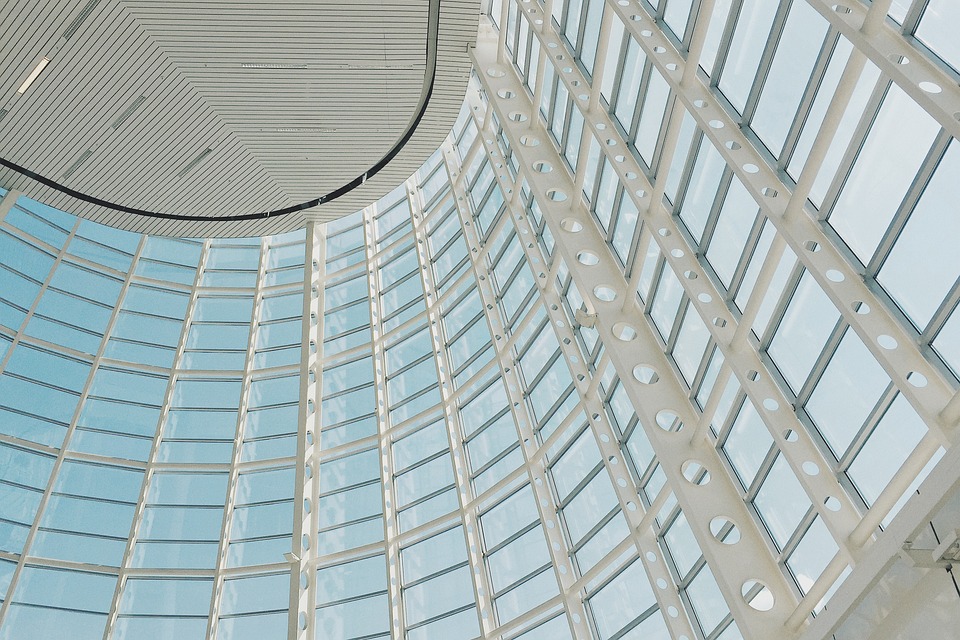Embracing Minimalism: How It Can Improve Your Mental Health and Wellbeing
In a world increasingly focused on consumerism and the acquisition of material goods, minimalism emerges as a refreshing antidote. This lifestyle choice, characterized by the intentional promotion of the things we most value and the removal of everything that distracts us from it, offers not only a simplified living space but also an opportunity to enhance mental health and wellbeing.
Understanding Minimalism
Minimalism is not just about empty spaces or owning fewer things. It is a mindset that encourages individuals to focus on what truly matters. By reducing the clutter in our lives, we make room for more meaningful experiences, relationships, and personal growth. Minimalism is about intentionality, clarity, and purpose.
The Origins of Minimalism
The roots of minimalism can be traced back to various philosophical and cultural traditions. From the ancient philosophies of Stoicism and Buddhism, which advocate detachment from material possessions, to the more modern art and design movements of the 20th century, minimalism has long been associated with simplicity and clarity.
Minimalism in Practice
Practicing minimalism involves a deliberate evaluation of one’s possessions, commitments, and even thoughts. It requires questioning the necessity and value of each item in our lives. This can extend to decluttering physical spaces, streamlining schedules, and even reevaluating relationships that do not contribute positively to our lives.
The Mental Health Benefits of Minimalism
Reducing Stress and Anxiety
Minimalism can significantly reduce stress and anxiety. Clutter is often a visual representation of chaos, and a cluttered environment can lead to a cluttered mind. By simplifying our surroundings, we can create a more peaceful and serene environment, which can help in reducing feelings of stress and anxiety.
Enhancing Focus and Productivity
A minimalist environment reduces distractions, allowing for improved focus and productivity. With fewer items vying for your attention, you can concentrate more effectively on tasks at hand, leading to increased efficiency and a greater sense of accomplishment.
Promoting Mindfulness
Minimalism encourages mindfulness by prompting individuals to be intentional about their choices and actions. It fosters a greater awareness of the present moment and encourages a deeper appreciation for the things we have and the experiences we encounter.
Boosting Self-Esteem and Confidence
Letting go of the constant pursuit of material possessions can boost self-esteem and confidence. By focusing on personal growth and experiences rather than external validation through possessions, individuals can build a stronger sense of self-worth and contentment.
Implementing Minimalism in Your life
Decluttering Your Space
Start with small areas like a closet or a drawer. Assess each item and ask whether it adds value to your life. Donate or discard items that no longer serve you. Gradually extend this practice to other areas of your home and workspaces.
Simplifying Your Schedule
Evaluate your daily commitments and identify activities that do not align with your priorities. Learn to say no to obligations that do not contribute to your wellbeing. Focus on activities that bring joy and fulfillment.
Digital Minimalism
In today’s digital age, minimalism can also be applied to our online lives. Unsubscribe from unnecessary emails, limit social media use, and declutter digital devices by organizing files and deleting unused apps.
Cultivating Meaningful Relationships
Minimalism extends to our social lives as well. Focus on nurturing relationships that bring positivity and support. Let go of toxic or superficial connections that drain your energy.
Overcoming Challenges in Embracing Minimalism
Dealing with Emotional Attachments
Letting go of possessions with sentimental value can be challenging. Acknowledge the emotions attached to these items, but also consider the benefits of freeing up space for new experiences.
Managing Societal Pressures
Society often measures success by material wealth. Embracing minimalism may require redefining personal success and resisting societal pressures to acquire more.
The Journey to Minimalism
Embracing minimalism is a journey, not a destination. It requires patience, self-reflection, and a willingness to change. Start small, and gradually integrate minimalist principles into various aspects of your life. Celebrate your progress and remain open to continuous improvement.
FAQs
What is minimalism?
Minimalism is a lifestyle that focuses on reducing material possessions and distractions to prioritize what truly matters, leading to a more intentional, fulfilling life.
How can minimalism improve mental health?
Minimalism can reduce stress and anxiety, enhance focus and productivity, promote mindfulness, and boost self-esteem by simplifying one’s environment and lifestyle.
Do I need to get rid of everything to be a minimalist?
No, minimalism is about intentionality, not deprivation. It’s about keeping what adds value to your life and letting go of what’s unnecessary.
Can minimalism be applied to digital life?
Yes, digital minimalism involves decluttering digital spaces, such as organizing files, unsubscribing from unnecessary emails, and limiting social media use.
How do I start practicing minimalism?
Begin with small steps, like decluttering a single space, simplifying your schedule, and gradually incorporating minimalist principles into different aspects of your life.
Discover more from System Ent Corp
Subscribe to get the latest posts sent to your email.

